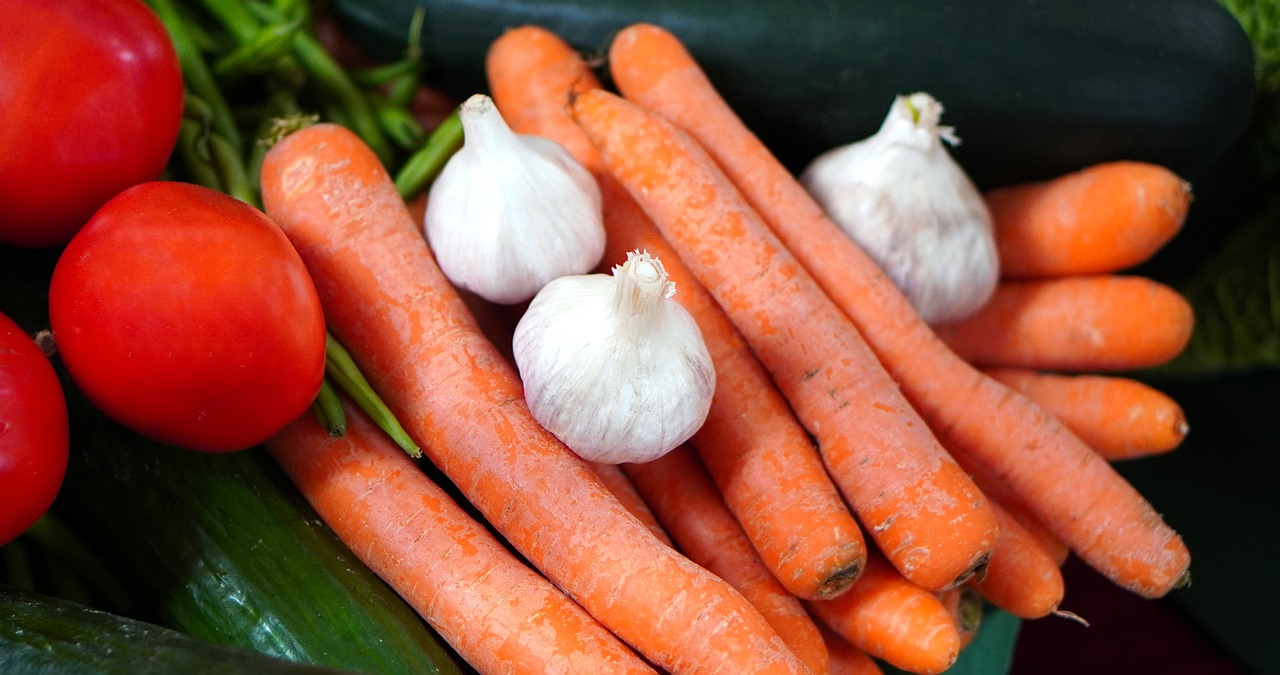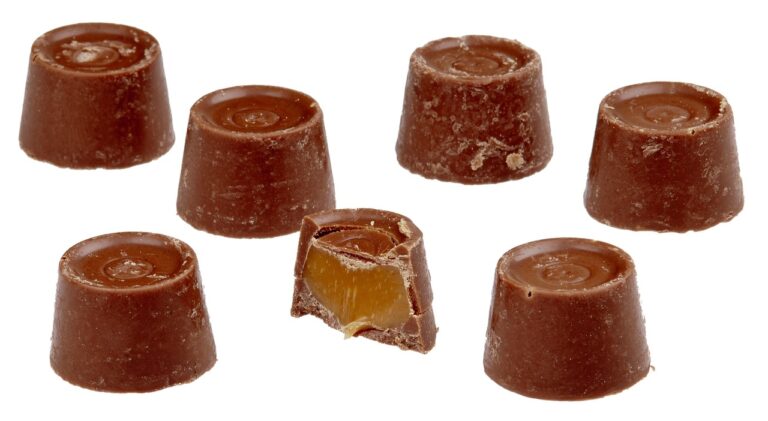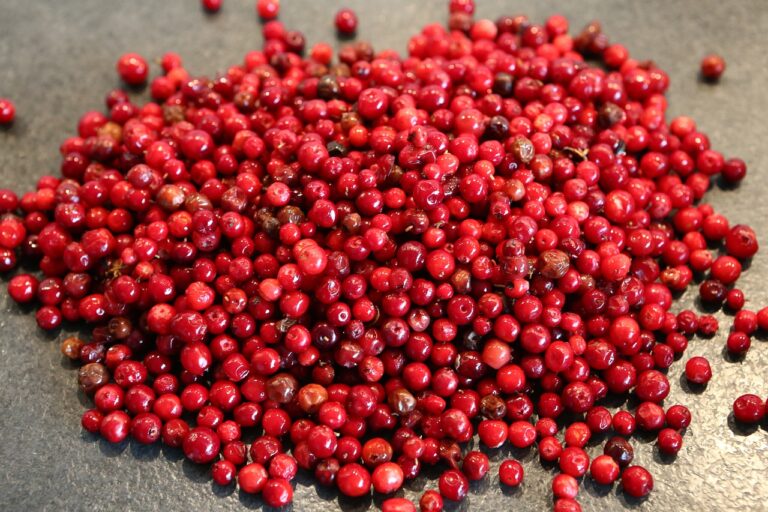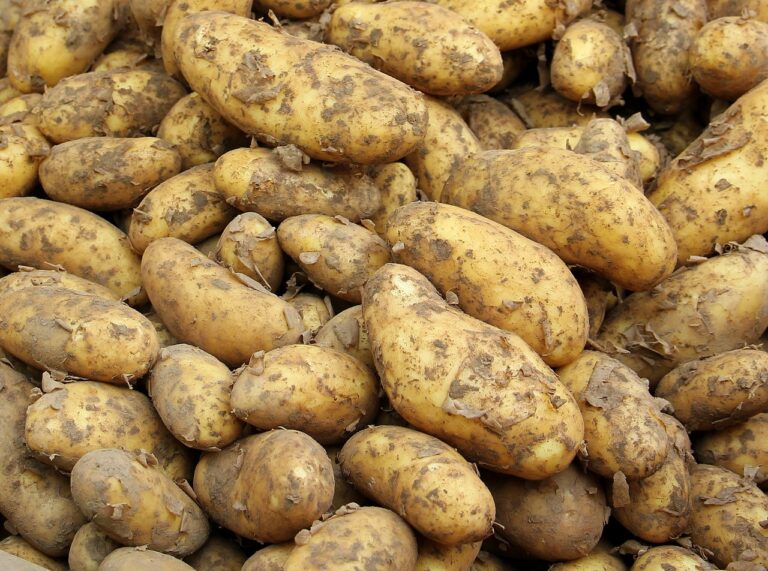Exploring the Concept of QSR Food Recovery Programs: Bit bhai 9, Radhe exchange, Lotus365.win login
bit bhai 9, radhe exchange, lotus365.win login: Exploring the Concept of QSR Food Recovery Programs
In the fast-paced world of quick-service restaurants (QSRs), food waste is a significant concern. With millions of meals served daily, it’s inevitable that some food will go unconsumed. However, many QSRs are now taking steps to minimize their environmental impact and give back to their communities through food recovery programs.
What are QSR Food Recovery Programs?
QSR food recovery programs are initiatives implemented by quick-service restaurants to reduce food waste and redistribute surplus food to those in need. These programs typically involve partnering with food rescue organizations or food banks to collect and distribute excess food that would have otherwise been discarded.
Through these programs, QSRs can help address the issue of food insecurity while also reducing their carbon footprint. By diverting surplus food from landfills and delivering it to individuals and families facing hunger, QSRs play a crucial role in supporting their communities and promoting sustainability.
How Do QSR Food Recovery Programs Work?
QSR food recovery programs involve several key steps to ensure the safe and efficient redistribution of surplus food. First, QSRs must establish partnerships with local food rescue organizations or food banks that have the infrastructure to collect, store, and distribute donated food.
Once a partnership is established, QSRs can begin to identify and segregate surplus food items that are still safe for consumption but are no longer needed. These items may include prepared meals, perishable items nearing their expiration date, or excess inventory from seasonal promotions.
Next, QSRs coordinate with their partner organizations to schedule regular food pickups or deliveries. This may involve packaging and labeling donated food items, ensuring they are properly stored and transported to maintain food safety standards.
Finally, the partner organizations distribute the donated food to individuals and families in need through a network of food pantries, soup kitchens, shelters, and other community organizations. By leveraging existing distribution channels, QSRs can maximize the impact of their food recovery programs and reach a broader audience.
Benefits of QSR Food Recovery Programs
QSR food recovery programs offer a range of benefits for both the environment and the community. By diverting surplus food from landfills, QSRs help reduce greenhouse gas emissions and alleviate the strain on waste management systems.
Additionally, these programs provide a valuable resource for individuals and families facing food insecurity. By offering nutritious meals and snacks to those in need, QSRs can help alleviate hunger and improve the overall well-being of their communities.
Furthermore, QSR food recovery programs demonstrate a commitment to corporate social responsibility and sustainability. By taking proactive steps to address food waste and support their local communities, QSRs can enhance their brand reputation and build customer loyalty.
Challenges and Considerations
While QSR food recovery programs offer many benefits, they also present some challenges and considerations for participating restaurants. One of the main challenges is ensuring food safety and compliance with health regulations when handling and donating surplus food items.
QSRs must follow strict guidelines for food preparation, storage, and transportation to prevent contamination and spoilage. It’s essential to work closely with partner organizations to ensure that all donated food is handled properly and distributed to those in need safely.
Another consideration is the cost and logistics of implementing a food recovery program. QSRs must allocate resources for staff training, equipment, and transportation to support the program effectively. However, the long-term benefits of reducing food waste and supporting the community often outweigh the initial investment.
Overall, QSR food recovery programs offer a valuable opportunity for quick-service restaurants to make a positive impact on their communities and the environment. By partnering with food rescue organizations and implementing best practices for food donation, QSRs can help tackle food insecurity and contribute to a more sustainable future.
FAQs
Q: Can any QSR participate in a food recovery program?
A: Yes, any quick-service restaurant can participate in a food recovery program by partnering with local food rescue organizations or food banks.
Q: Is it safe to donate surplus food from a QSR?
A: Yes, as long as proper food safety guidelines are followed, surplus food from QSRs can be safely donated to individuals and families in need.
Q: How can customers support QSR food recovery programs?
A: Customers can support QSR food recovery programs by choosing to dine at restaurants that participate in such initiatives and spreading awareness about the importance of reducing food waste.
Q: What are some best practices for implementing a QSR food recovery program?
A: Some best practices for implementing a QSR food recovery program include training staff on food safety guidelines, establishing clear donation protocols, and maintaining open communication with partner organizations.







